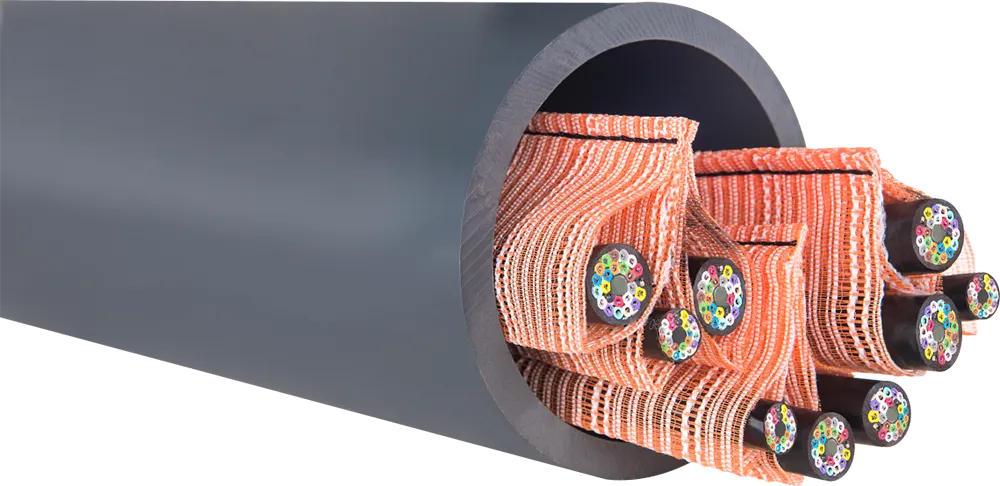A new solar-powered, wireless automated rotary drum sign system, manufactured by Skyline Products Traffic Division and currently being deployed in Texas, is being hailed as one of the greenest, least expensive, most flexible means of managing traffic flow.
January 30, 2012
Read time: 2 mins
A new solar-powered, wireless automated rotary drum sign system, manufactured by 732 Skyline Products Traffic Division and currently being deployed in Texas, is being hailed as one of the greenest, least expensive, most flexible means of managing traffic flow.
This exclusive technology was designed as part of a breakthrough programme by the375 Texas Department of Transportation and engineers and consultants 731 Walter P Moore to create more efficient travel through the El Paso, Texas metropolitan area during traffic incidents and closures on the interstate. The new signs require no fibre-optic cable, hard-wired communications or power, making it possible to install them just about anywhere.
The Automated Rotary Drum Sign System is claimed to be the only automated diversion sign of its kind. “Most of the time, they display standard guide sign information. When an incident occurs, information is sent wirelessly and the signs are activated. The drums rotate and provide appropriate detour information,” explains Mark Conway, director of ITS, Walter P Moore.
“Eliminating the need to run power to each site, including trenching, conduit, power, labour and continued maintenance can plausibly save departments of transportation and taxpayers everywhere millions of dollars,” says Adam Lyons, regional sales manager at Skyline Products. “At the same time we are increasing the options for traffic diversion and delivering all the benefits of improved traffic flow, such as reduced driver frustration and reduced CO2 emissions.”
Some 94 sign units, with various message configurations, are currently being installed by long-time Skyline partner, Tri-State Electric, along Interstate Highway 10, US 54 and Loop 375 in El Paso, Texas.
This exclusive technology was designed as part of a breakthrough programme by the
The Automated Rotary Drum Sign System is claimed to be the only automated diversion sign of its kind. “Most of the time, they display standard guide sign information. When an incident occurs, information is sent wirelessly and the signs are activated. The drums rotate and provide appropriate detour information,” explains Mark Conway, director of ITS, Walter P Moore.
“Eliminating the need to run power to each site, including trenching, conduit, power, labour and continued maintenance can plausibly save departments of transportation and taxpayers everywhere millions of dollars,” says Adam Lyons, regional sales manager at Skyline Products. “At the same time we are increasing the options for traffic diversion and delivering all the benefits of improved traffic flow, such as reduced driver frustration and reduced CO2 emissions.”
Some 94 sign units, with various message configurations, are currently being installed by long-time Skyline partner, Tri-State Electric, along Interstate Highway 10, US 54 and Loop 375 in El Paso, Texas.










